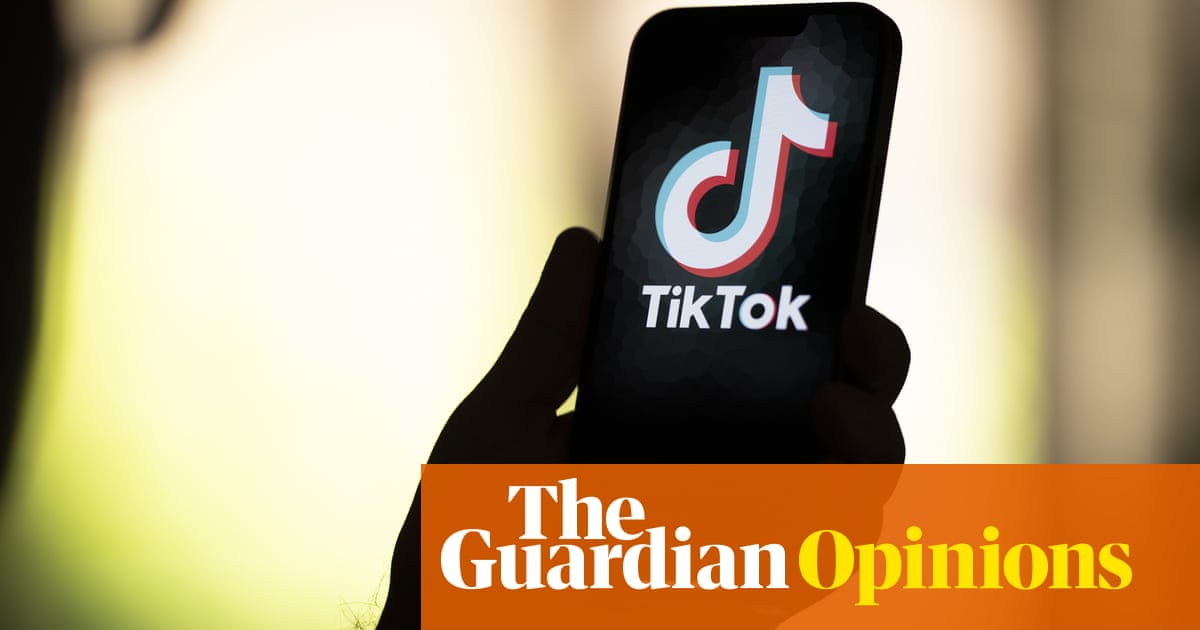
hile the government gears up to hold the Cop26 summit in Glasgow, it continues to bail out Britain’s biggest polluters by granting tax credits to major oil and gas firms and slashing taxes on domestic flights within the UK. This is precisely the wrong way to go about meeting the Paris climate targets. If ministers are serious about the government’s environmental agenda, they should be enforcing policies that dramatically reduce the carbon footprints of society’s richest, and severing political ties with polluting industries.
In a recent report that I co-authored with a team at Sussex University, we argue that governments must focus on addressing the overconsumption of the rich in order to successfully drive down emissions. According to one recent analysis, emissions from the poorest 50% of the EU population fell by 24% from 1990 to 2015, while the carbon emissions from the most affluent 10% of EU citizens grew by 3%, and emissions from the wealthiest 1% – the super rich – grew by 5%. As work on the “polluter elite” shows, this problem is made worse by the political power and influence that these groups have over government policy, an issue that has once again come to the fore in the UK.
After a long period of neglect, the issue of sustainable behaviour change is now rising up the climate policy agenda. For years, behavioural change has been regarded in environmental circles as an individualist solution to a collective problem; as the environmentalist Mary Heglar puts it, the idea that the climate crisis “could have been fixed if all of us had just tweaked our consumptive habits is not only preposterous; it’s dangerous”. Heglar is right, but the issue is not about all of us, or all behaviours: it’s about the behaviours of the most polluting sections of our society.
The responsibility to act is not evenly shared. Behaviours such as flying frequently, maintaining large yachts, heating and cooling multiple large homes and driving large cars have a disproportionate impact on global heating. And those who are most likely to do these things are the rich. Across the world, just 1% of the population is responsible for 50% of CO2 emissions from commercial aviation. If we’re to keep warming below 1.5C or 2C, it’s clear we’ll need to shrink and share, reducing carbon budgets and sharing resources more equally. Tackling key behaviours such as how much people fly, how much energy they use and consume, and whether they eat meat, could alone save as much as 15bn tonnes of carbon by 2060.
We also need to move the debate about behavioural change away from what individuals and households do, and towards addressing the problem of consumption at a societal level. This would mean recognising the relationship between long working hours and consumption patterns, and taking seriously proposals for a four-day working week. It would also mean limiting advertising that glamorises frequent air travel, introducing frequent flyer levies and banning SUVs and other highly polluting vehicles.
To encourage environmental behavioural changes, ministers should also focus on building affordable, low-carbon housing, and green transport and energy infrastructures. Most immediately, the government should reverse the recent announcement to cut green grants for homes. All of this will involve working with unusual allies and opening up new spaces for citizens to have the difficult conversations about how to shrink and share remaining carbon budgets.
Transitioning to a low-carbon economy requires social buy-in and a sense that we’re addressing an existential threat through our collective efforts. As long as richer consumers and businesses continue to receive state backing or are not seen to pull their weight, efforts to build a zero-carbon society will be jeopardised.
While there is a tendency to talk in terms of “nudges” as the best way of changing people’s behaviour, the challenge is more profound and deeply political than this. We need to shift power away from those who control our unsustainable economy and the institutions that govern it. And we need to change the societies and cultures built around the wasteful use of resources, which have put us on a path to climate chaos. Meeting the goals of the Paris agreement depend upon it.
Peter Newell is professor of international relations at the University of Sussex and lead author of the Cambridge Sustainability Commission on Scaling Behaviour Change












